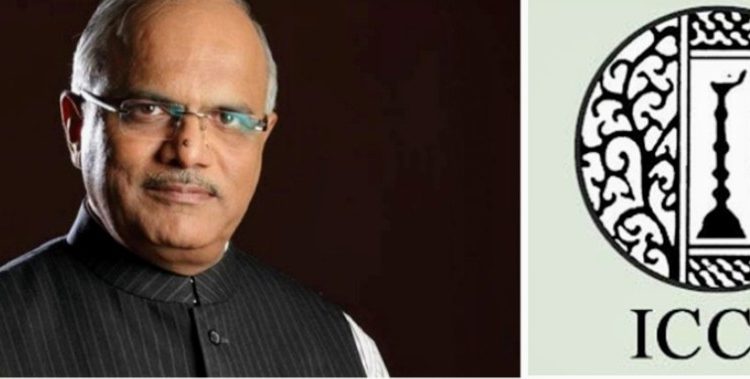School textbooks of 60 countries scanned to know what foreign students are studying about India
It was found that in several countries, India was being referred to very cursorily and wherever it was being referred to might be factually wrong.
NEW DELHI: In a massive transnational exercise, India has scanned through the school textbooks of 60 countries to collect information about what is being taught about India to the students in those countries. The work of scanning books in universities in some countries is also underway.
The information so collected from 60 countries is being processed by the Indian Council for Cultural Relations (ICCR), which got this ‘operation’ conducted, and a report on this would be prepared and presented to the Indian government for the ‘follow-up’ action.
A revelation to this effect was made by Dr. Vinay Sahasrabuddhe, President ICCR, and Rajya Sabha MP during a media interaction session on ‘India’s Cultural Diplomacy & Soft Power’ at the Foreign Correspondents Club (FCC) of South Asia in New Delhi recently.
Without disclosing much about the findings of this massive exercise, the ICCR president said that in several countries India was being referred very cursorily and wherever it was being referred might be factually wrong.
“Therefore we need to work hard in creating that perspective about India at the school level initially globally. The idea is also to check the distortion or wrong information that may be unwittingly going right up to the pupils, the younger generations of those countries,” he added.
ICCR which is an autonomous organization of the Government of India is involved in India’s external cultural relations, through cultural exchange with other countries and their peoples.

“We are scanning through the textbooks in various countries to know what they are teaching to their kids about India. So far we have been able to scan through 60 countries, their text at the school level. Some of our heads of the mission also undertook the job of scanning through the books of university-level textbooks. We will carry out a similar exercise in about 150 more countries,” said Dr. Sahasrabuddhe.
“Compilations of information from 60 countries have reached us, We are studying and analyzing how India is being taught in schools? There are several learnings out of that. Basis this we would be sending recommendations with documentary proofs on the history to the countries to request them to change the content in the textbooks. It will up to them to whether or not to change but we would continue requesting them.”
The ICCR President said that the level of understanding about India hinged upon what was being taught about India.
“Therefore it is very important to get to know how do textbooks deal with India, not just history or geography textbooks or even economics textbooks. How do they refer to India and Indian success in various fields in Indian democracy as well? That was basically to x-ray textbooks to find out this. Of course, all that cannot happen only through our efforts. We will have to engage scholars and education departments people in various countries. At last, this is going give us some kind understanding about what is required to be done so that people understand Indian as they should understand,” said Dr. Sahasrabuddhe.
Dinesh K. Patnaik, Director-General, ICCR was also present on the occasion.



